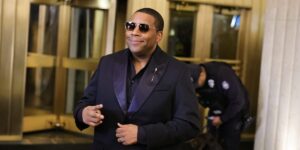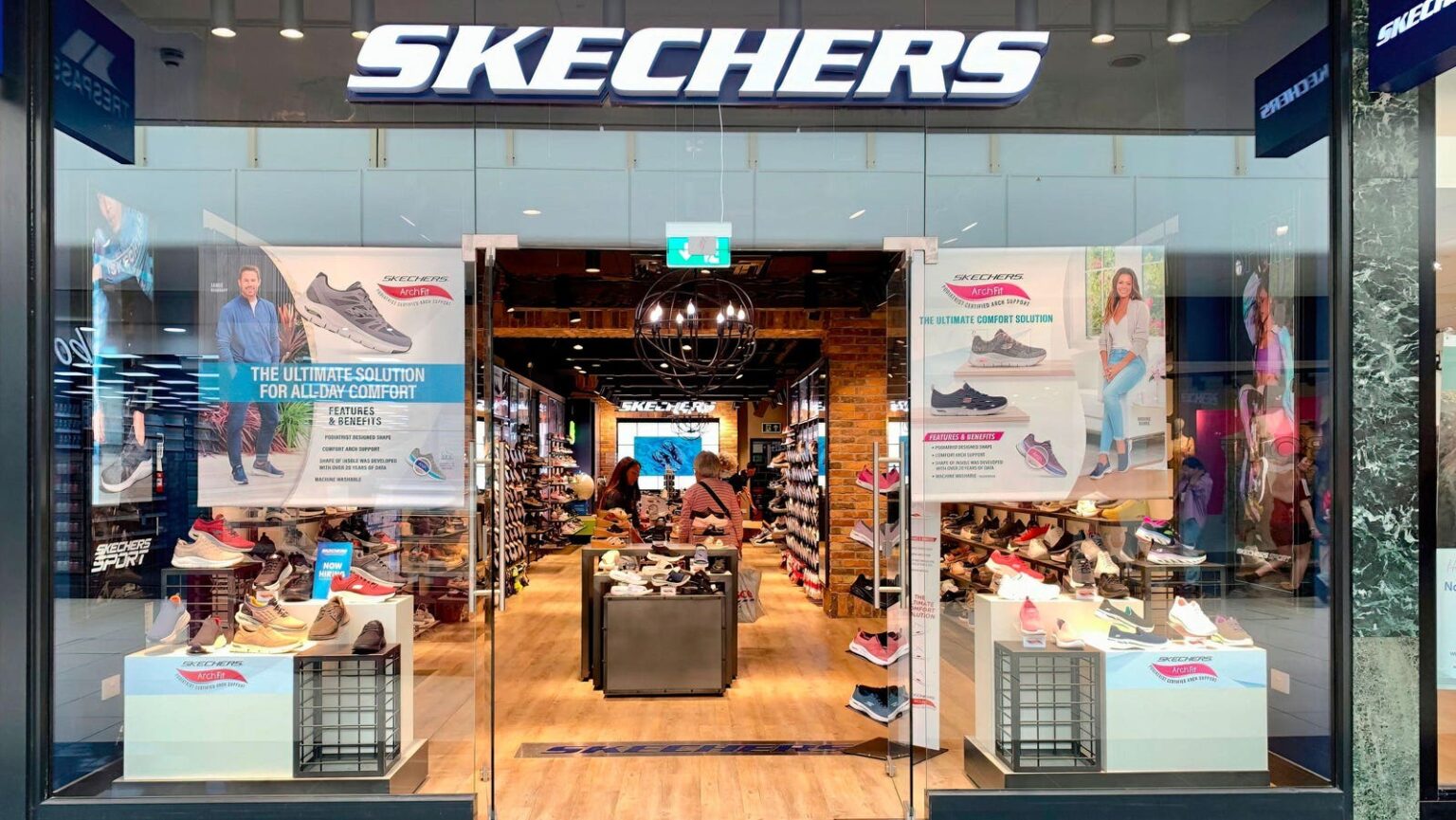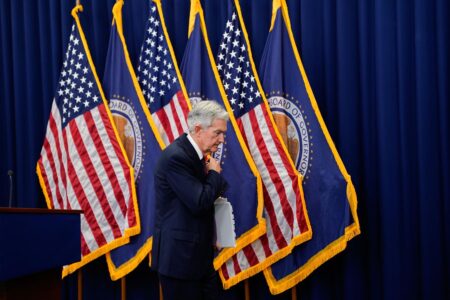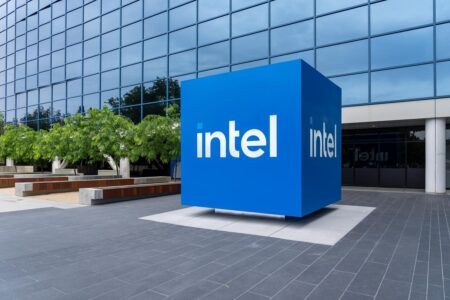President Donald Trump’s escalating trade war with China has crushed the stocks of apparel and shoe businesses facing the prospect of profit-killing tariffs on a nation they depend on for manufacturing. But for investment firm 3G Capital, which agreed to buy Skechers Monday in a deal valuing the brand at $9.4 billion, it presented more of an opportunity than a deterrent in a year marked by a dearth of mergers and acquisitions.
The purchase price was a 28% premium from Skechers’ closing stock price Friday, but still a 20% discount from its peak in January, before the market took notice of Trump’s tariffs. While it’s 3G’s first foray into shoes, it’s not much different from the playbook the firm has used in its select few previous deals for businesses like Burger King and Hunter Douglas, betting on a recognizable consumer brand for a bargain. A source familiar with this week’s deal says 3G is taking a decades-long view of Skechers’ potential and has no plans to move its manufacturing and supply chain operations in response to trade tensions.
3G is distinct from typical private equity firms in that most of its assets are its founders’ own capital, with a small group of outside investors, and it only buys a company once every five years or so. Co-managing partners Alexandre Behring and Daniel Schwartz run the firm, which Behring founded in 2004 with fellow Brazilian billionaires Jorge Paulo Lemann, Carlos “Beto” Sicupira and Marcel Herrmann Telles. The group made its initial fortune in banking and beer and built the group that became AB InBev, the world’s largest brewer. Behring likened their patient approach to his love of spear fishing in an interview with Forbes last year, saying they save their ammunition until a can’t-miss fish swims into view, and added he didn’t think their next deal would be a surprise. When they do buy a company, they typically own it for much longer than their Wall Street peers.
“They are very different from the classic world of private equity where you flip companies every three or four years, and the exit story starts to be developed before day one,” says Dominic Houlder, adjunct professor in strategic and entrepreneurial management at London Business School.
The group’s biggest success to date was Burger King, which 3G bought for $4 billion including debt in 2010, using about $1 billion in equity,. At the time, the fast-food chain was floundering in the wake of the financial crisis, with shares down 31% in two years. 3G has turned that investment into more than $20 billion in gains while adding on Tim Hortons, Popeyes and Firehouse Subs to the business now called Restaurant Brands International, and the firm is still RBI’s largest stockholder, with a 26% stake.
3G’s next deal, its acquisition of Heinz in 2013 and subsequent merger with Kraft in 2015, in partnership with Warren Buffett’s Berkshire Hathaway—who also financed some of its Tim Hortons acquisition—wasn’t as lucrative. Buffett conceded later that the group overpaid for Kraft, and the combined company’s stock has fallen by more than 60% since the merger, though 3G still walked away with a small profit by the time it cashed out in 2023 thanks to Heinz’s early gains.
“You can have the best target selection methodology and a fantastic approach to execution, but if you buy too high at the wrong time, it’s not going to be a great deal,” says Houlder. “If you look back at what might have made Burger King such a fantastic deal, you have to include timing in that.”
Burger King’s sales were stagnant and earnings were weak when 3G bought the business, leading to a campaign of cutting costs and refranchising company-owned stores to grow its cash flows before making add-on acquisitions. For Skechers, which has stronger fundamentals, a different formula is making the timing opportunistic. Its $9.1 billion in sales in the last 12 months are up 10% year-over-year, and its net profit during that span was $726 million, but Trump’s tariffs are likely to hurt or eliminate those margins unless he softens his stance. Dozens of footwear businesses including Skechers, Nike and Adidas sent Trump a letter in April asking to be exempted from the tariffs and calling the anticipated cost increases an “existential threat.” Skechers’ annual report, which mentions China 58 times, says most of its shoes are manufactured in China and Vietnam, and it has a 1.6 million square foot distribution center in Taicang, China.
Trump has hiked tariffs on imports from China to 145%, and announced that tariffs on Vietnam would be 46% before implementing a 90-day pause on those reciprocal tariffs in April. He said in an interview on NBC’s Meet the Press over the weekend that he’ll lower the tariffs on China “at some point.” Although he hasn’t shown any urgency in doing so, 3G can wait for the storm to pass and is confident Skechers’ leadership can steer the business through it, like they have for the last 33 years. Skechers’ founders, father and son Robert and Michael Greenberg, will remain in place as CEO and president, and their family will retain a small stake in the private company after pocketing about $1 billion in cash from the deal.
It’s 3G’s second deal in a row partnering with a family-run business, after buying Dutch window shades maker Hunter Douglas in 2021 in a $7.1 billion deal. The Sonnenberg family, which had managed the business for more than 100 years, retained a 25% stake.
“It’s a major-league skillset to get a family to trust their business like the Hunter Douglas business to someone else, because private equity people don’t have the best reputation in certain circles,” says Jo Tango, a senior lecturer at Harvard Business School and longtime friend of Behring. “The notion of 3G being able to build multi-decade partnerships is part of their DNA.”
Read the full article here
















